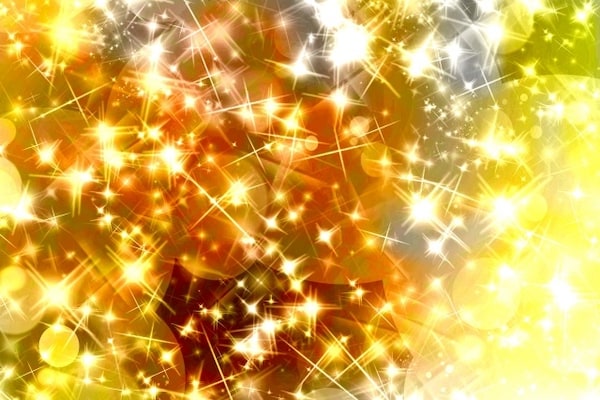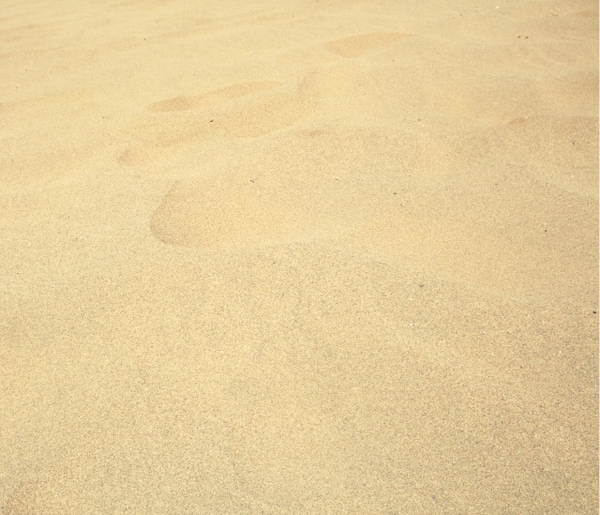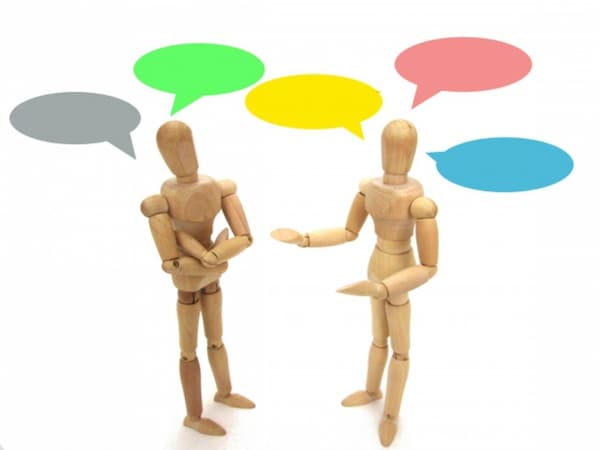10 Onomatopoeia Terms You Need to Know
6. 'Pika-pika' (bright, sparkling, shiny, glistening )

https://www.photo-ac.com/main/detail/1164120?title=%E3%82%B4%E3%83%BC%E3%83%AB%E3%83%89%E3%82%B0%E3%83%A9%E3%83%87%E3%83%BC%E3%82%B7%E3%83%A7%E3%83%B3%E3%81%AE%E3%82%AD%E3%83%A9%E3%82%AD%E3%83%A9%E7%B4%A0%E6%9D%90
This one is a pretty easy onomatopoeia expression to remember. Just think of Pokémon's mascot Pikachu, and how bright and dazzling his thunderbolts are!
Example:
彼の車はピカピカに磨かれている。
Kare no kuruma wa pika-pika ni migakarete iru.
His car has a nice, shiny polish.
7. 'Waku-waku' (excited)

https://www.photo-ac.com/main/detail/168592?title=%E7%AC%91%E9%A1%94%E3%81%AE%E5%A5%B3%E6%80%A78
From the verb waku (沸く), which means to boil water, or to erupt in applause or cheers, waku-waku is an explosive, joyful feeling that you can't hold in any longer. Unlike doki-doki, which can be used to describe both positive and negative feelings, waku-waku is synonymous with positive emotions of anticipation.
Example:
彼に会えると思うとワクワクする。
Kare ni aeru to omo to waku-waku suru.
I'm excited by the mere thought of meeting him.
8. 'Sara-sara' (sound of light, gentle motion)

https://www.photo-ac.com/main/detail/161093?title=%E3%83%86%E3%82%AF%E3%82%B9%E3%83%81%E3%83%A3%EF%BC%96-%E7%A0%82
Sara-sara actually has several meanings, but generally it's the sound something makes when it flutters lightly. It could mean the light rustling of the trees in the wind, or the sound of snow hitting the asphalt.
Example:
木の葉がさらさらと風に鳴った.
Konoha ga sara-sara to kaze ni natta.
The leaves rustled in the wind.
9. 'Goro-goro' (rumbling, rolling, commonplace, idling about)

https://www.pakutaso.com/20160432109post-7636.html
Part of what makes onomatopoeia so interesting is how incredibly flexible it can be. Take goro-goro, for example! It can be used to describe the thunder of an oncoming storm, that weird noise your stomach makes after eating too much or the sound of something big and heavy rolling away. It can also be used to describe a conversation you've heard a million times before, as well as the feeling of idling about the house on a lazy day off. With so many meanings, this one deserves more than example!
Examples:
雷がゴロゴロと鳴って大雨が降り始めた。
Kaminari ga goro-goro to natte, o-ame ga furi hajimeta.
The thunder rumbled and it started to pour.
先週末は家でゴロゴロして過ごした。
Sen-shumatsu wa ie de goro-goro shite sugoshita.
Last week I just lazed around the house.
10. 'Pera-pera' (fluently)

https://www.photo-ac.com/main/detail/931202?title=%E4%BC%9A%E8%A9%B1%E3%81%AE%E3%82%A4%E3%83%A1%E3%83%BC%E3%82%B8
Lastly, we have pera-pera, which means fluently. Specifically, to speak a foreign language fluently.
Example:
彼は日本語がペラペラだ。
Kare wa nihongo ga pera-pera da.
He speaks Japanese fluently.
And if you can utilize these ten onomatopoeia expressions, hopefully you'll be a little closer to your goal of speaking Japanese fluently!



